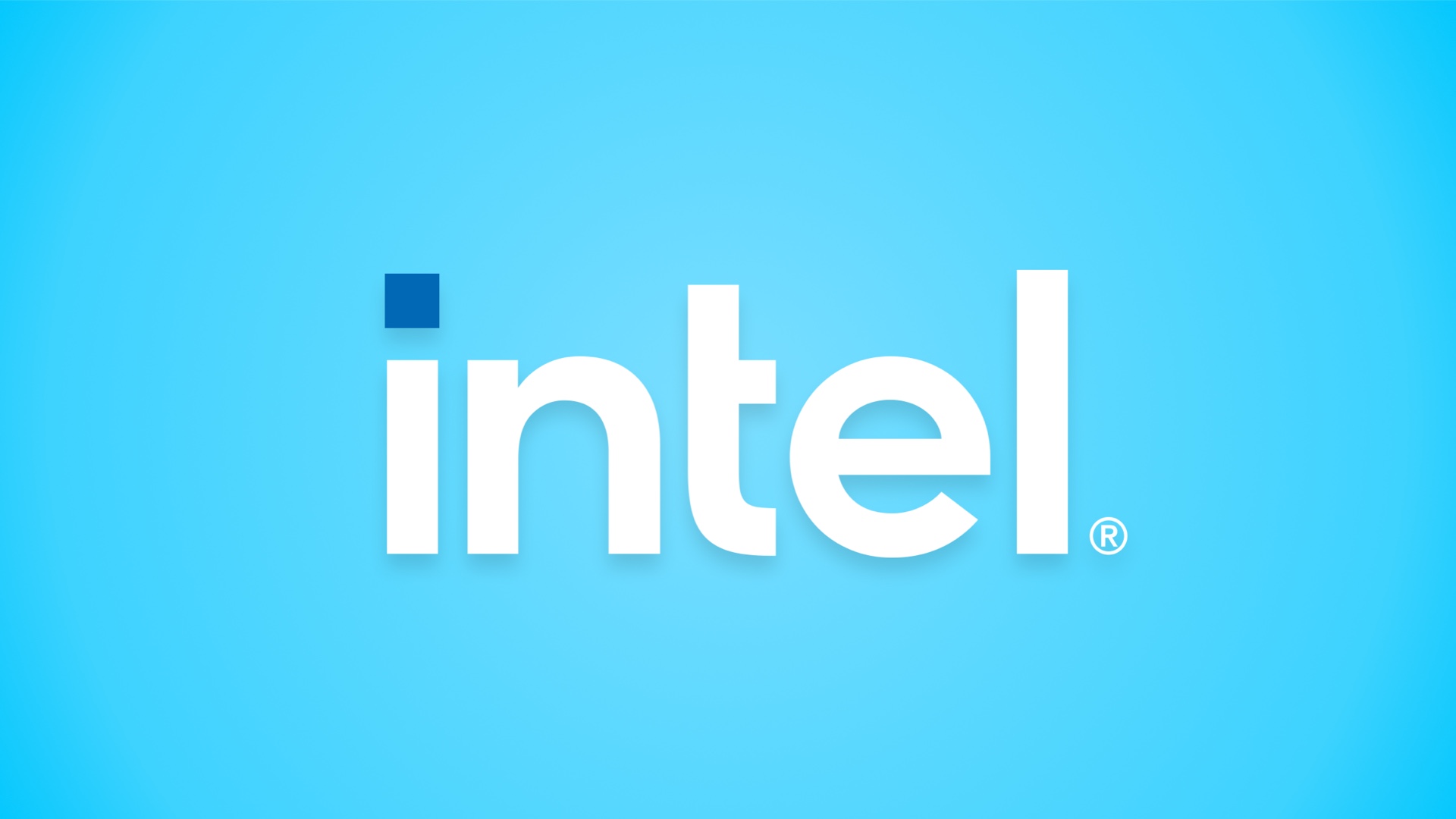I just installed FreeBSD 14.0-RELEASE i386 some days ago on a ThinkPad x201i with i3 (M 330) cpu [integrated graphics]. I did the following as Handbook suggested:
-
- added
on /etc/rc.conf (also tried absolute path)
- ran
I got:
(xorg log)
Then I tried installing x11-drivers/xf86-video-intel, then startx, which brought up GUI desktop. I tried
So there is no graphics acceleration. As far as I remember, on 12.4 on the same machine I used to get "yes". But 12.4 is going EOL soon, so running it is not an option. Is there any way to get accelerated graphics back on 14?
I don't know if it's related or not, but tried 13.2 and now on 14.0, both crashes randomly (with xf86-video-intel like above). I also found a trigger event. When I installed sysutils/hw-probe and ran
Right now I have something like this to run in scfb mode and hoping it doesn't crash before I can finish posting this thread:
Info:
I tried "vesa", but it shows right half of the screen on left and left half to the right.
Won't lie, having a bad time with FreeBSD 14.
-
doas pkg install xorg drm-kmod- added
Code:
kld_list="i915kms"- ran
startx from tty as non-root userI got:
Code:
Caught signal 6 (Abort trap). Server abortingThen I tried installing x11-drivers/xf86-video-intel, then startx, which brought up GUI desktop. I tried
doas pkg install mesa-demos, then:
Code:
$ glxinfo | grep -i accel
Accelerated: noSo there is no graphics acceleration. As far as I remember, on 12.4 on the same machine I used to get "yes". But 12.4 is going EOL soon, so running it is not an option. Is there any way to get accelerated graphics back on 14?
I don't know if it's related or not, but tried 13.2 and now on 14.0, both crashes randomly (with xf86-video-intel like above). I also found a trigger event. When I installed sysutils/hw-probe and ran
doas hw-probe -min it crashes the system (and restarts).Right now I have something like this to run in scfb mode and hoping it doesn't crash before I can finish posting this thread:
Code:
$ cat /usr/local/etc/X11/xorg.conf.d/10-driver.conf
Section "Device"
Identifier "Card0"
Driver "scfb"
EndSectionInfo:
Code:
$ pciconf -lv | grep -A4
vgavgapci0@pci0:0:2:0: class=0x030000 rev=0x02 hdr=0x00 vendor=0x8086 device=0x0046 subvendor=0x17aa subdevice=0x215a
vendor = 'Intel Corporation'
device = 'Core Processor Integrated Graphics Controller'
class = display
subclass = VGA
$ doas dmidecode -t 4
# dmidecode 3.5
Scanning /dev/mem for entry point.
SMBIOS 2.6 present.
Handle 0x0006, DMI type 4, 42 bytes
Processor Information
Socket Designation: None
Type: Central Processor
Family: Other
Manufacturer: GenuineIntel
ID: 52 06 02 00 FF FB EB BF
Version: Intel(R) Core(TM) i3 CPU M 330 @ 2.13GHz
Voltage: 1.3 V
External Clock: 133 MHz
Max Speed: 2130 MHz
Current Speed: 2130 MHz
Status: Populated, Enabled
Upgrade: None
L1 Cache Handle: 0x000A
L2 Cache Handle: 0x000B
L3 Cache Handle: 0x000C
Serial Number: Not Specified
Asset Tag: Not Specified
Part Number: Not Specified
Core Count: 2
Core Enabled: 2
Thread Count: 4
Characteristics: None
$ kldstat | grep kms
4 1 0x24200000 190000 i915kms.ko
$ grep kms /etc/rc.conf
#kld_list="i915kms"
kld_list="/boot/modules/i915kms.ko"I tried "vesa", but it shows right half of the screen on left and left half to the right.
Won't lie, having a bad time with FreeBSD 14.

